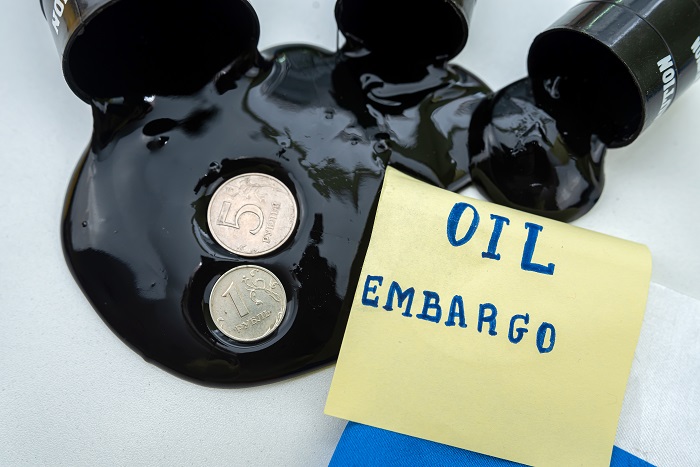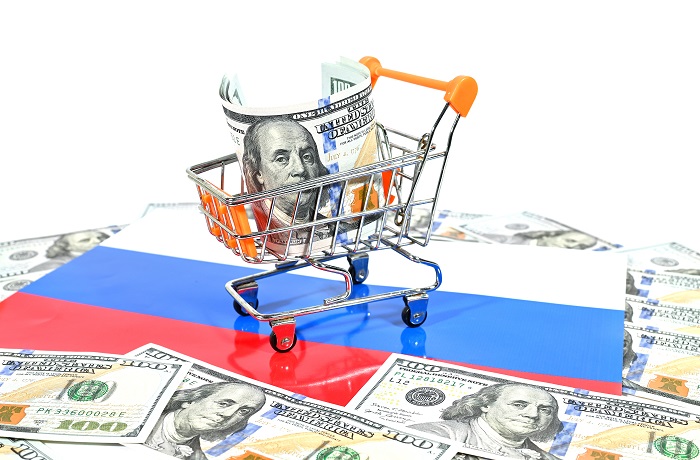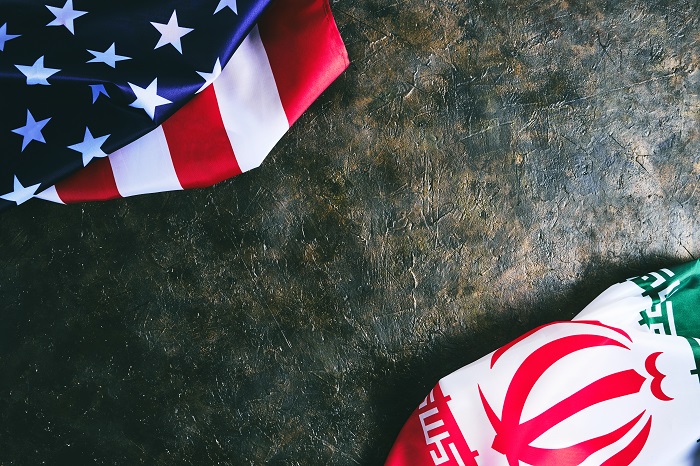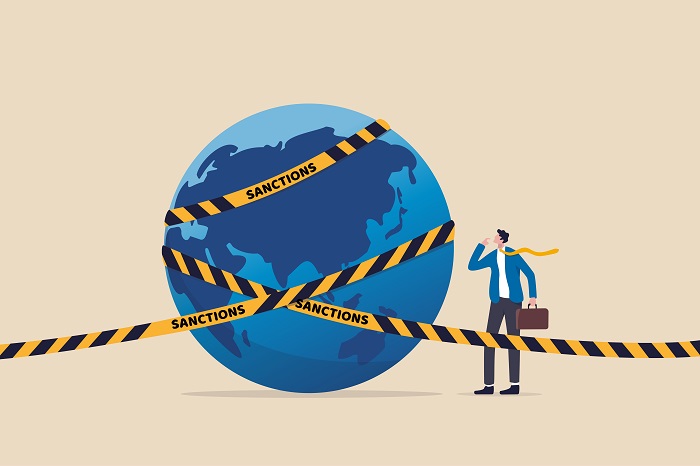Sanctions are a powerful instrument employed by countries all over the world to achieve foreign policy objectives or punish violators of international law. Navigating these complex regimes is a critical area within Legal Practice & Specialization. Sanctions regimes impose economic sanctions on a variety of foreign targets, ranging from countries and political regimes to organizations and people. Governments may aim to apply economic limitations not just to individuals inside their jurisdiction, but also to those in other jurisdictions who deal with sanctions targets, in order to guarantee that their actions have the desired impact.
Historically, sanctions have ranged from broad-based penalties to more focused prohibitions on trade in specific products like weaponry, wood, and diamonds. Some sanctions have restricted certain activities that are thought to help a target, such as diplomatic and sporting activities. They’ve also targeted specific persons and groups, including political leaders, rebel groups, and terrorist organizations, that constitute a threat to peace and security.
In the scenario of target states behaving in violation of international law or failing to behave in the way specified by international law, we turn to sanctions. Inability to meet in accordance with international law is less often than breaking the law, although it does happen.
Although sanctions have primarily been used against nations that have participated in morally reprehensible behavior in recent years, we should not assume that morality is always in the favor of the penalizing state and against the state concerned. Morality and law have a circumstantial rather than a fundamental relationship. Law can be used to promote a fraudulent morality or a pseudo morality.
If you are interested to read more about sanctions, we recommend you the article below:
Sanctions: What It Really Means
Embargo
An embargo is an economic blockade that restricts commerce or trade with a particular country or a group of nations. Embargoes are legal limitations that are used as potent diplomatic tools to compel a specific national-interest outcome from the country on whom they are placed.
An embargo prevents a country from doing business with another country for a certain product, sector, or even all commodities, meaning that they will not import or export anything from that country.
An import embargo prevents a person or a firm from importing products from a certain country, such as when the United States imposed one on Cuba. When a corporation or any product it manufactures is embargoed, it is unable to export to the embargoed country. This would be analogous to the United States imposing an export embargo on Syria, forbidding the export of any US-made goods into the country.

Embargos may have major negative consequences for a country’s economy by restricting access to particular items and reducing exports. International commerce is critical to a country’s economic success. Cuba, Iran, North Korea, Russia, Sudan, and Syria are among the six countries with whom the US has an embargo.
Cuba is now subject to an economic and financial embargo imposed by the United States. The first ban on the sale of armaments to Cuba was imposed in 1958, and it was expanded to include all shipments in 1962. Violations of the embargo can result in a sentence of up to ten years in jail, which some argue is excessive.
Despite the embargo, the United States remains Cuba’s sixth largest exporter, accounting for 6.6 percent of the country’s imports. Cuba, on the other hand, must pay for American goods in cash. Iran is subjected to economic, commercial, scientific, and military sanctions by the United States. President Jimmy Carter issued the first of these sanctions in 1979, blocking $12 billion in Iranian assets.
Several nations have imposed restrictions and embargoes on North Korea, many of them due to the country’s nuclear weapons program. After North Korea bombarded South Korea in the 1950s, the US put sanctions on the country, which were further reinforced in the 1980s.
List of Embargoed Countries 2022
- North Korea
- Syria
- Russia
- Iran
- Cuba
- Sudan
Sanctions clause
Lloyd’s Market Association 3100 clause (LMA 3100), provides as follows:
‘No (re)insurer shall be deemed to provide cover and no (re)insurer shall be liable to pay any claim or provide any benefit hereunder to the extent that the provision of such cover, payment of such claim, or provision of such benefit would expose that (re)insurer to any sanctions, prohibition or restriction under United Nations resolutions or the trade or economic sanctions, laws or regulations of the European Union, United Kingdom or the United States of America.’
The Court ruled in Mamancochet Mining Ltd v Aegis Managing Agency Ltd & Others that in order for an insurer to avoid liability under the Sanctions Clause as written, the insurer would have to establish that paying the claim would entail behavior that was banned by the applicable laws or regulations. To put it another way, “exposure” to restrictions meant that the payment had to actually violate the penalties, rather than just putting insurers at risk of a violation.
US Sanctions
Based on US foreign policy and national security interests, the US imposes economic and trade sanctions on persons, businesses, and jurisdictions across the world. The US Department of the Treasury’s Office of Foreign Assets Control (OFAC) implements these measures largely through a combination of legislation, regulations, executive orders, and interpretative advice.
The Departments of State, Commerce, and Defense of the United States also play important responsibilities. Importantly, under the Export Administration Regulations, the Bureau of Industry and Security (BIS) of the Department of Commerce oversees licenses for the export of products, software, and technology under some sanctions programs (EAR).
Sanctions can be classified into two types: Primary and Secondary Sanctions. Primary sanctions apply to US people or situations with a US link, such as engagement by a US citizen, US-based products, or a deal taking place in the United States.
Secondary sanctions allow OFAC or the State Department to levy sanctions on anybody, even non-US citizens, who engage in certain activities. These penalties are designed to deter non-US citizens from participating in specific transactions, even if the transaction has no ties to the United States (and is thus not subject to primary sanctions).
Strong trade restrictions with North Korea and Iran are examples of secondary sanctions enforced by the US against non-US citizens. The US initiated action against the Bank of Dandong, a Chinese bank, in 2017 for its involvement in a money-laundering scheme for the North Korean regime. The Bank of Dandong was sanctioned by the US Treasury, which barred it from trading with US financial institutions.
OFAC Sanctioned Countries 2022
Sanctions laws differ widely from country to country. Certain forms of activities are prohibited in the following nations, as mentioned below. This list was updated this year.
An Office of Foreign Assets Control (OFAC) License is required for most transactions, including those involving individuals or businesses “ordinarily resident” in the following nations:
- Cuba
- Iran
- North Korea
- Russia
- Syria
- Ukraine: Crimea, Donetsk, and Luhansk
Other countries that are forbidden to make transactions with specific parties, according to OFAC, are as follows:
- Burma
- Belarus
- Sudan
- Libya
- Balkans
- Iraq
- Venezuela
- Central African Republic
- Yemen
- Zimbabwe
- Hong Kong
- Ethiopia
- Lebanon
Also, the countries subjected to the prohibition of military exports are as follows:
- Afghanistan
- Belarus
- Burma
- Central African Republic
- China
- Cote d’Ivoire (Ivory Coast)
- Cuba
- Cyprus
- Eritrea
- Haiti
- Iran
- Iraq
- Lebanon
- Liberia
- Libya
- North Korea
- Somalia
- South Sudan
- Sri Lanka
- Sudan
- Syria
- Venezuela
- Vietnam
- Zimbabwe
Sanctions Against Russia
President Joe Biden of the United States issued sanctions against Russia on February 22, 2022, in response to Russia’s military aggression against Ukraine, which included Russian forces moving into two separatist territories in eastern Ukraine. To prevent Russia from accessing its $630 billion (£470 billion) in foreign currency reserves, the central bank’s assets have been blocked.
You can read more about the US imposed sanctions on Russia below:
Sanctions on Russia by the European Union Post Ukraine War 2022
The Ruble lost 22 percent of its value as a result, driving up the cost of imported products and driving up Russia’s inflation rate by 14 percent. The Ruble has now rebounded, owing mostly to Moscow’s support efforts. The US has prevented Russia from paying its debts using the $600 million it has in US banks, making it more difficult for Russia to fulfil its foreign debts. The international financial communications system Swift has been deleted from major Russian institutions. Payments to Russia for energy exports will be delayed as a result.

Russia is in the midst of a profound recession, which the Bank of Russia predicts would be transformational in nature. The Russian economy is expected to contract by 8.8% in 2022, according to the Finance Ministry. This year, inflation is anticipated to reach as high as 23%. Russia is on the verge of defaulting on its debt.
All of this will be difficult for ordinary Russians, whose actual salaries are already decreasing. Thousands have attempted to escape, particularly those in the IT industry, resulting in a potential mass exodus. And here’s what we know: Russia will stop disclosing a lot of economic statistics, a practice it has used in the past to mask the effects of sanctions, according to analysts.
In order to increase the pressure on Moscow, the US and its European allies have proceeded to pile on more sanctions, refining and sharpening them. The EU has suggested phasing out Russian oil goods, which, depending on the final specifics, may sever the Kremlin’s lifeline even more. Furthermore, the US might take other measures, such as threatening secondary penalties against countries such as China and India, in order to prevent them from purchasing cheap Russian energy. That has a price, and it is not only for Russia.
Sanctions Against Syria
Sanctions against Syria were originally imposed in 2011 in retaliation to the Assad regime’s harsh persecution of the civilian population. They also go after corporations and notable business people who profit from the regime’s and war economy’s linkages. A ban on oil imports, restrictions on certain investments, a freeze on the Central Bank of Syria’s assets held in the EU, and export controls on equipment and technology that could be used for internal repression, as well as equipment and technology for monitoring or infiltration of internet or telephone communications, are among the restrictive measures.
Sanctions Against Iran
President Bill Clinton issued multiple executive orders in 1995 in reaction to Iran’s nuclear program and its backing of terrorist organizations such as Hezbollah, Hamas, and Palestine Islamic Jihad.
Executive Orders 12957 and 12959, issued on March 15, 1995, and May 6, 1995, respectively, prohibited US participation in Iran’s energy industry and commerce with Iran. On August 5, 1996, the Iran and Libya Sanctions Act (ILSA) was signed into law. When the sanctions on Libya were lifted in 2006, the ILSA renamed the Iran Sanctions Act (ISA). Representatives of the United States House of Representatives voted 400 to 20 in support of tougher penalties on July 31, 2013.
United States President Donald Trump announced his withdrawal from the Iran nuclear deal on May 8, 2018. Following the US departure, the EU approved a revised blocking law on August 7, 2018, to repeal US penalties on countries doing business with Iran. The United States’ fourth round of sanctions went into force in November 2018, with the goal of forcing Iran to adjust its foreign policies, cease its backing of regional terrorist organizations’, and terminate its ballistic missile development, according to the White House.
The United Nations Security Council denied the United States’ attempt to re-impose snapback penalties on Iran on August 25, 2020. Indonesia’s ambassador to the UN, Dian Triansyah Djani, claimed that he is “not in a position to take further action” on the US request, citing a lack of unanimity in the Security Council on the US policy as the key reason.

Woori Bank and Industrial Bank of Korea in South Korea, as well as Nomura Holdings in Japan, are purportedly blocking Iran’s usage of its Central Bank accounts in both nations. Around $7 billion in Iranian foreign exchange holdings is said to be held by South Korean institutions.
In July 2021, the Biden Administration issued a ruling allowing Iran to utilize frozen cash to repay debts with South Korea and Japan, mainly to compensate South Korean and Japanese exporters who shipped goods to Iran before the reimposition of sanctions and were unable to be reimbursed.
Periodic press reports have claimed that one or both countries have negotiated with Iran and US officials on broader releases of some of Iran’s frozen assets for the purpose of actually buying humanitarian goods, but it is unclear whether any assets have been cleared from the Central Bank funds maintained in those two countries for that purpose.
Also, you can read the article below:
Iranian Bank Sanctions Settlement with The EU
Conclusion
The most essential aspect of sanctions is how they are perceived, not what they are. Any discomfort put on another person or state might be considered as that. You must be viewed as inflicting the discomfort as a reasonable response to suffering that was wrongly placed on you in order for it to be considered a “sanction.”
Economic sanctions will increasingly replace military penalties, and they may be as inconspicuous to the public as an adjustment to a banker’s record that freezes a country’s bank account or even transfers ownership to another country.
Even at a moment when we are largely discussing Europe’s dependency on Russian energy, developing countries are considerably more concerned about shortages of vital items. We will witness and are already seeing, unreasonably high food production and shortages in developing nations, which will have the greatest impact on their populations.
Those who will cope will have the finest economic diplomacy networks and the capacity to locally replace more imports. However, for some, it will be quite tough. More broadly, developing countries may have to deal with the outflow of capital to safe havens in developed economies, and they may have a harder time attracting parts of global supply chains and production, as the world’s economic hubs are more concerned with supply chain security than efficiency.
In a future where geopolitics and commerce are much more linked, state and business policy will become more entangled. Both sides will have to come up with new ways to deal with a trading world that will be more divided between power and norms, and more polarized between democrats and autocrats, as well as many nations that will strive to balance between the two.
LegaMart is a global legal platform designed to connect individuals, startups, and businesses with qualified lawyers across jurisdictions. With a mission to simplify cross-border legal services, LegaMart provides users with access to a diverse network of vetted legal professionals who specialize in areas such as international law, corporate law, immigration, dispute resolution, and more.
By leveraging technology and user-friendly tools, LegaMart allows clients to search for lawyers by country, language, or legal expertise, submit their legal queries, and receive tailored legal solutions in a streamlined, efficient manner. The platform serves as a bridge between legal professionals and clients who need multilingual, multi-jurisdictional support — especially in today’s increasingly globalized legal landscape.
Whether you’re an entrepreneur launching a business abroad, an individual dealing with immigration paperwork, or a company navigating cross-border compliance, LegaMart aims to make legal help more accessible, transparent, and collaborative.




